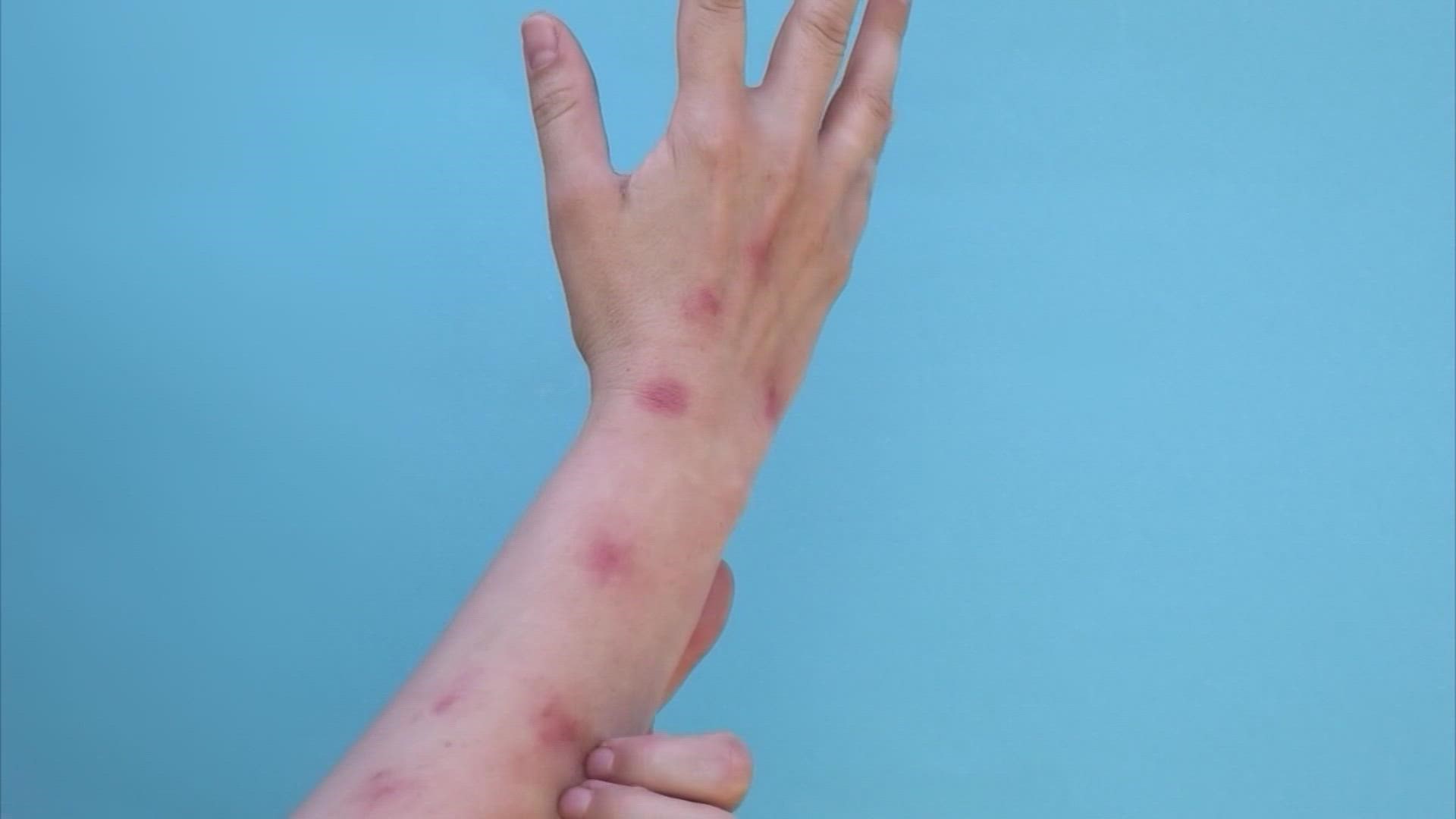HOUSTON, Texas — There are currently 27 monkeypox cases in the Houston area, according to state data. That number has doubled in a week.
Now the lack of resources and vaccines are causing some concern for some medical professionals.
A gastroenterologist from San Diego, Dr. Carlton Thomas, offers medical advice on social media and is widely popular among the gay community.
His topic of concern lately — monkeypox.
“My inbox has been flooded. Not only with people from around the world, but particularly in the last five days with people from Texas," Dr. Thomas with Digestive Disease Associates said.
So now, he’s sounding the alarm on what he fears will soon be the fate for many in Texas.
“I don’t really understand why there were so little vaccines sent to Texas in the beginning," Dr. Thomas said.
The Houston Health Department’s new Monkeypox dashboard shows 22 cases in the Houston area.
“We recognize that that’s an undercount. There are certainly more people in the community that have it," the chief medical officer for the city of Houston, Dr. David Persse said.
Dr. Persse says that’s a small number compared to our population. He says testing is becoming more widely available but recognizes the state is lacking when it comes to vaccines.
“The original vaccine that has been made available is only in limited supply, and so the CDC is in a really difficult spot of trying to portion that out as supply increases across the country. Do I wish we had more vaccines? Absolutely. And I'm sure every public health officer in the nation feels the exact same way," Dr. Persse said.
The Texas Department of State Health Services tells KHOU 11 that there are currently 20,000 doses available to local health departments, but they must be requested.
Still, even with vaccines available, only those who are actually exposed to monkeypox can get the vaccine in Texas.
Dr. Persse says the vaccine is only one layer of protection and says with or without it you’d still have to take personal precautions.
“Right now, we’re only seeing it in a very tiny and it’s predominantly folks who are having these intimate relationships, new intimate relationships and that’s the behavior that you need to pay attention to," Dr. Persse said. "The situation here in Houston is real. It is probably growing. It is not huge just yet, but we want to stop it as best we can while it is still small.”

